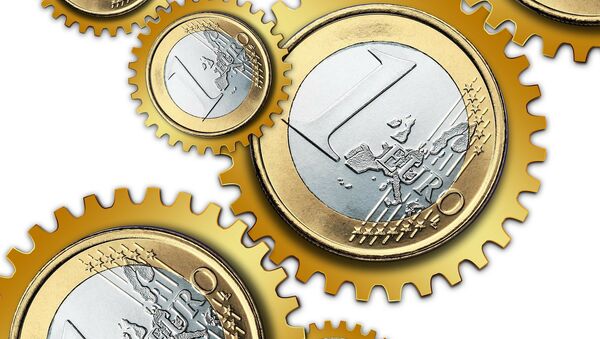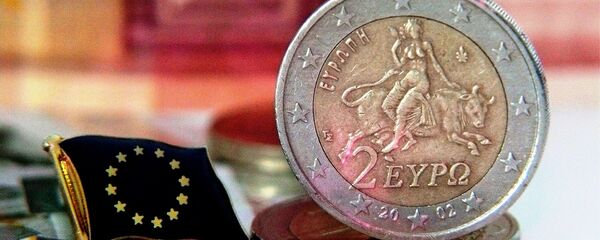Kristian Rouz – German investor sentiment declined in June even though the government observed that second quarter growth would be stronger due to robust exports.
According to a report by the Manheim-based ZEW Center for European Economic Research, the index of investor and analyst expectations dropped to 18.6 in June from 20.6 the previous month. ZEW experts also discovered that investor expectations for the UK have worsened to a greater degree, while their confidence in the Eurozone economy in general has improved.
The main ZEW index aims to predict economic developments six months ahead of the time of the survey of roughly 200 financial sector experts and participants. The changes in the index readings in June suggest, therefore, that UK economic growth might slow closer to the year-end, and the same could happen for the German economy, while the fairly robust expansion across the Eurozone would likely continue into the next year.
"The prospects for the German economy remain favorable. This is not least due to the positive GDP growth in the European Union in the first quarter of 2017," said Achim Wambach, president of the ZEW Center. “70.8 percent of financial market experts expect the current situation to remain as favorable as it is at the moment, and 23.9 percent even expect it to improve in the coming six months.”
The broader Eurozone economy enjoys monetary stimulus from the European Central Bank (ECB) in the form of zero-to-negative base interest rates and the still intact asset purchase program (quantitative easing). Germany, however, despite its strong exports, is facing increased investor skepticism in the light of the optimism surrounding the German macro fundamental being possibly exaggerated.
"In the slightly revived global environment, German exports remain pointing upwards," said the German economy ministry.
The German economy has enjoyed increased private and governmental fixed-asset investment in the current quarter, which helped manufacturing and exports, but the mounting international headwinds and the trade disputes with the Trump administration in the US might mar the medium-term outlook for the German economy.
Last month, the Nuremberg-based GfK Institute observed only a slight improvement in German consumer confidence, with their June outlook improved to 10.4 points from 10.2 points in May. GfK said that the economic expansion of 0.6 percent in the first quarter contributed to the brightening consumer sentiment, while income expectations improved just slightly, from 57.5 points in ay to 58.5 points in June.
German consumer’s inclination to spend money on large purchases, however, dropped from 60.2 points in May to 55.7 points in June, GfK said. Albeit still near its all-time peak, German consumer confidence is becoming less prominent as the driver behind the German economic expansion, making Germany increasingly exposed to international trade shocks.
The US protectionist agenda might undermine the German jobs and labor market sustainability, GfK noted. This is another reason for the lower investor confidence as measured by the ZEW Center.




